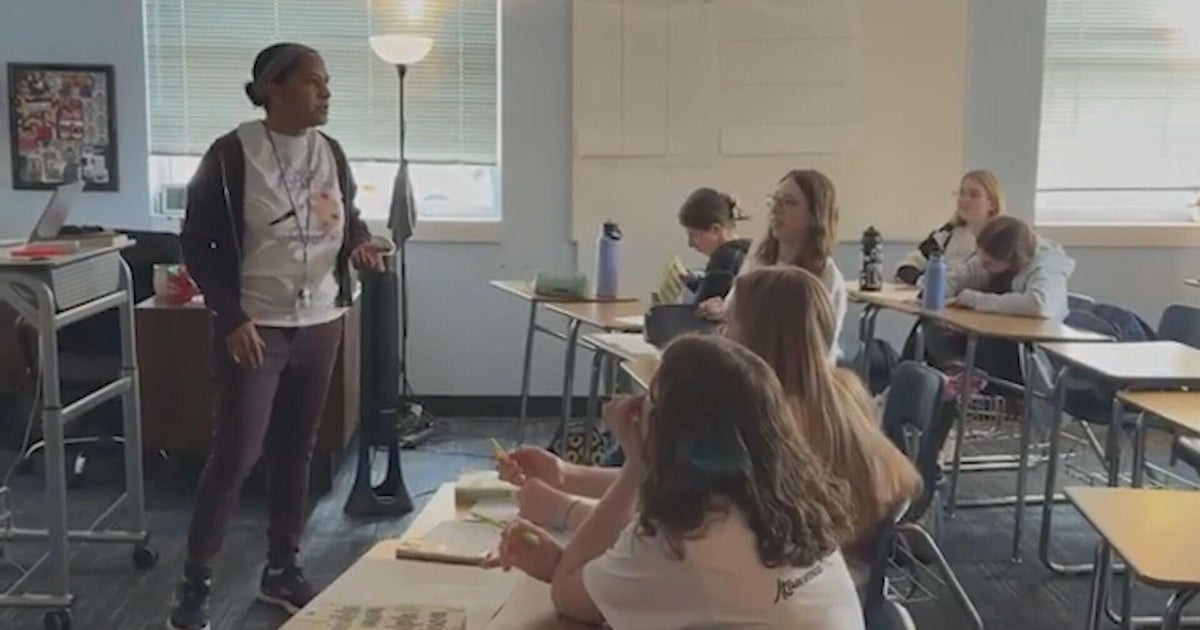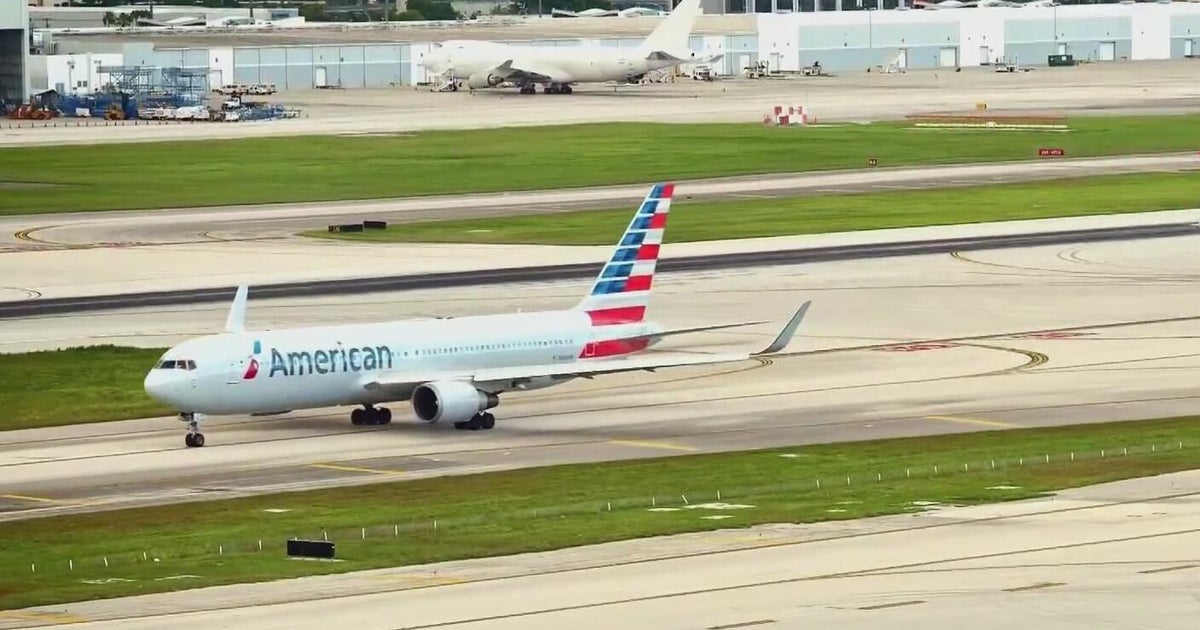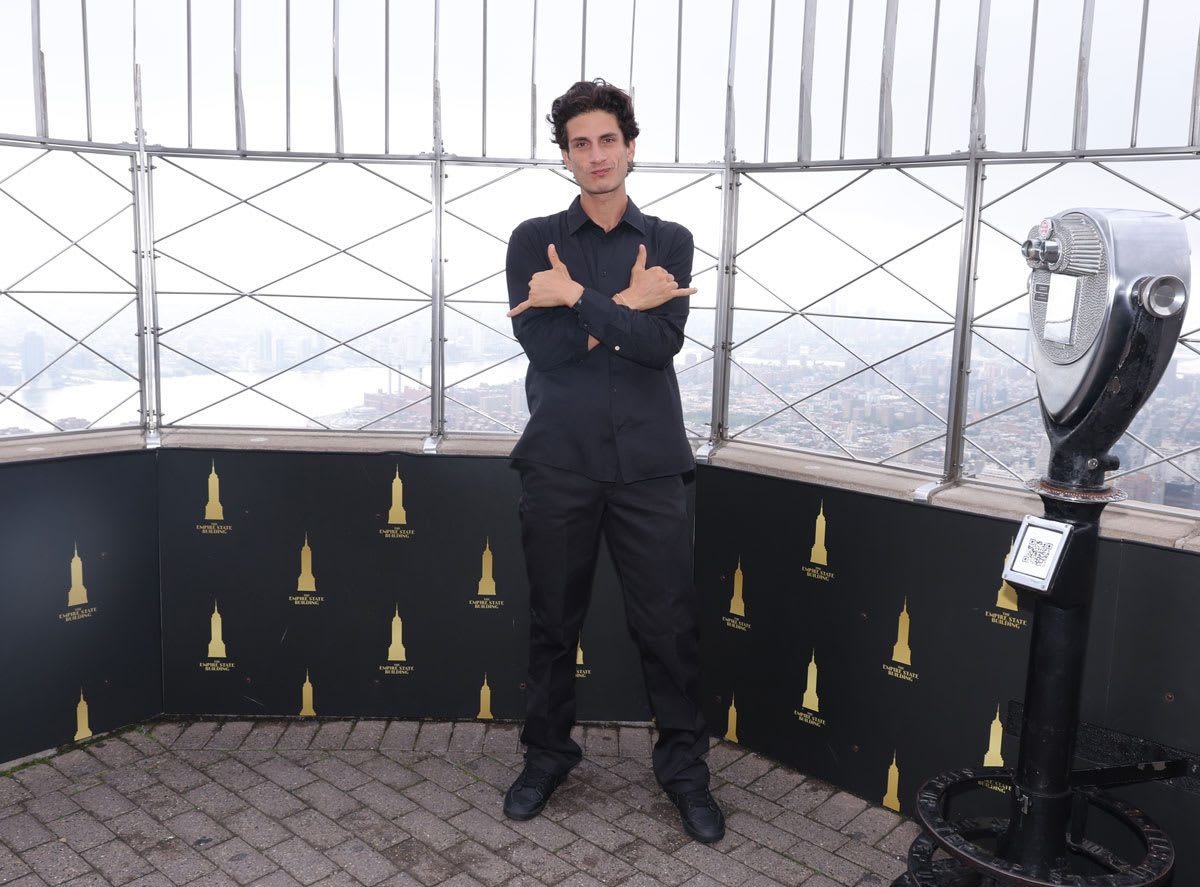Clinton Nominee: I'm Sorry
Richard Holbrooke, President Clinton's nominee for U.S. ambassador to the United Nations, apologized Thursday to the Senate for "carelessness" that he said led to "misconceptions" about his ethics.
Foreign Relations Committee Chairman Jesse Helms opened Holbrooke's confirmation hearing with sharp criticism, saying Holbrooke ignored legal advice that could have prevented conflicts of interest while he served as both a government adviser and private investment banker.
Helms, R-N.C., said Holbrooke accepted "enormous fees" for speeches about U.S. foreign policy. And he said the nominee "appears to have made no effort" to observe a year-long cooling-off period in contacting federal officials after leaving government service.
While insisting, "I knew the law and I was careful to follow it," Holbrooke acknowledged that he failed to appreciate "how complicated it would be to avoid misconceptions in some areas at some times because of the two roles".
"With regret I must say that carelessness on occasion on my part contributed to these misconceptions," Holbrooke said.
The nominee said he would "pay close attention" to ethical matters if confirmed.
Mr. Clinton first announced his intention to nominate the architect of the Bosnian peace accords a year ago, but the ethical questions delayed his formal nomination for eight months. Conservative Republicans were expected to batter Holbrooke during three days of hearings.
But one committee member, Sen. Richard Lugar, R-Ind., told Holbrooke Thursday he would support his nomination.
Holbrooke wore two hats as a Credit Suisse employee and an unpaid State Department adviser from 1996 to 1999. Helms said that "when Mr. Holbrooke called, U.S. ambassadors jumped. They hosted receptions, facilitated meetings and even accompanied him to meet with the particular country's top government leaders."
"Mr. Holbrooke could have avoided such conflicts of interest by seeking and following the advice" of either Credit Suisse lawyers or State Department attorneys, Helms said. "But time and again, the evidence shows Mr. Holbrooke either chose not to seek ethics advice or to ignore it when it was given."
Holbrooke told the hearing that on visits to foreign countries, "it was common courtesy to inform ambassadors" of U.S. foreign policy goals and the ambassadors, in turn, asked him to meet with officials and businessmen in those countries.
Holbrooke said the meetings were part of his official role, adding that he settled a Justice Department civil case arising from such contacts with a $5,000 payment in order to allow his confirmation to move forward. He admitted no wrongdoing.
On a separate issue, the State Department inspector general cleared him of allegations that he improperly accepted private speaking fees last fall while trying to broker a peace deal on Kosovo or the Clinton administration.
Helms criticized the $900,000 that Holbrooke earned from 1996 the year he left the State Department as a top official to 1999. The money was earned by speaking and writing "about the very issues that were a part of his duties" as a top State Department official, Helms said.
The panel's senior Democrat, Sen. Joseph Biden of Delaware, defended Holbrooke, saying: "I believe strongly that none of these matters even approach the level where they should be considered disqualifying. I do not believe for one minute that Richard Holbrooke is an unethical person."
Biden predicted confirmation once Republicans vent their anger on Holbrooke. He said Republicans want to depict Holbrooke as "the architect of the Democratic failure in the Balkans," but added that the peace agreement in Kosovo undermined the argument.
Holbrooke went to work for Credit Suisse First Boston Corp. after resigning from the State Department, contacting the federal officials just months after quitting his job as assistant secretary of state.
Former government officials are not allowed to deal with their old colleagues on business matters for a year after leaving office. However, the Justice Department said there was no willful violation of the law. The contacts were clouded by Holbrooke's post-retirement role as a special government employee, advising U.S. diplomats.
Holbrooke negotiated last October's failed cease-fire in Kosovo with Yugoslav President Slobodan Milosevic and he made a last-minute visit to Belgrade in March in an unsuccessful effort to get Milosevic to accept NATO's terms for a Kosovo peace plan to avoid air strikes against Yugoslavia.
Milosevic essentially agreed to those same terms last week, bringing the 11-week NATO bombing campaign to a close.
©1999 The Associated Press. All Rights Reserved. This material may not be published, broadcast, rewritten, or redistributed



